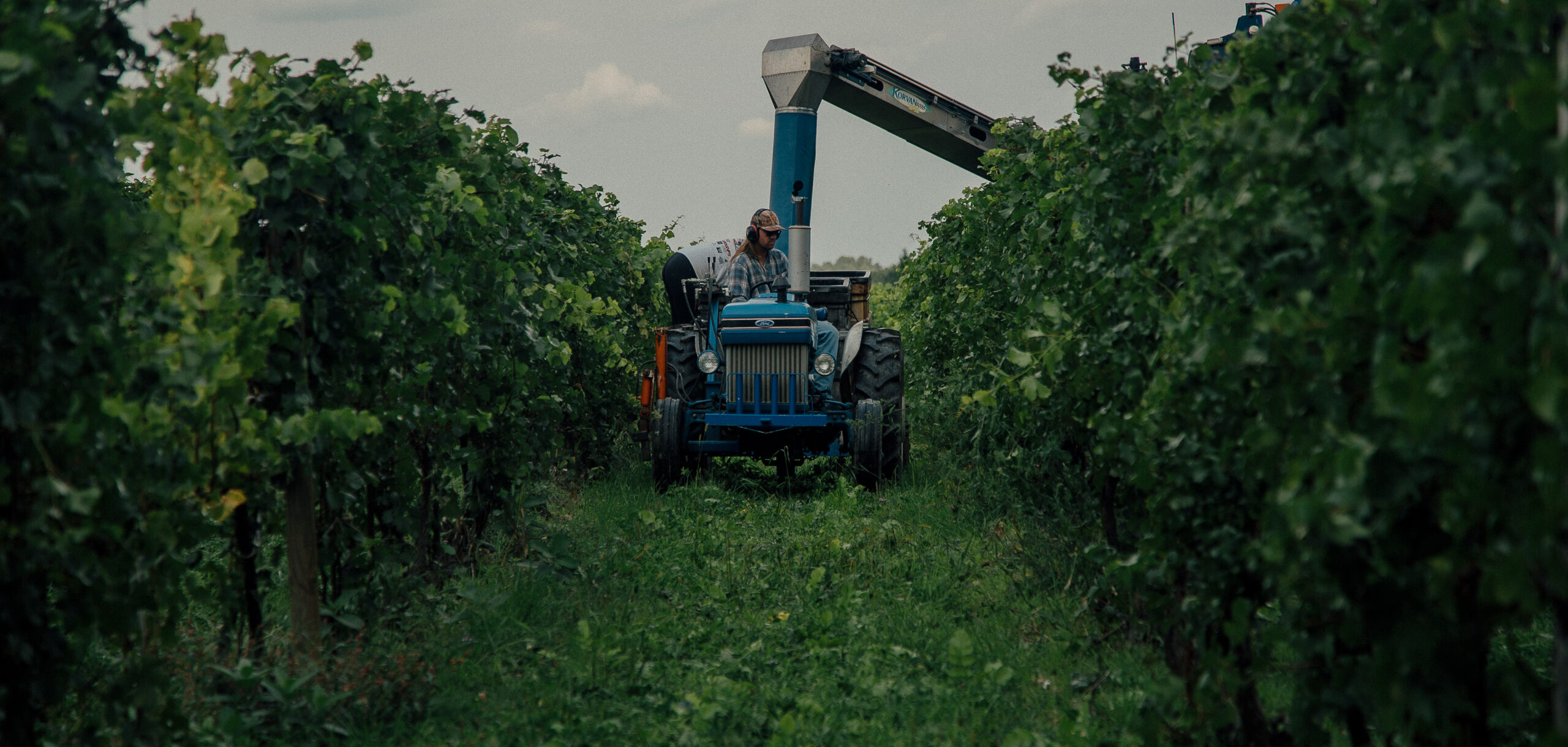Stewardship and land preservation have been goals from the very beginning of the Hosmer farm in the early 1930s. Four generations later, when land stewardship, sustainability, and ecological awareness is a global concern, Hosmer Winery is proud to be a leader in lake friendly wine production and vineyard sustainability. This leadership has been recognized locally, regionally, and even nationally. By preserving and building soil health and exploring new ways to reduce environmental impacts, our vines can inhabit a site less altered by modern agricultural input.

Sustainability
Awards and Recognition
We have completed several assessments to identify any weaknesses in our mission to be as sustainable as possible, including the Agricultural Environmental Management (AEM) survey which is a complete assessment of our agricultural practices and their environmental impact. Another program we have participated in is the VineBalance Certification program, which is a newer program for the Finger Lakes Region. We proudly wear the title of “Lake Friendly Farm” for our continued conservation efforts and we have even been awarded a National Conversation Stewardship Award for our conservation practices.
Additional Efforts
In our bottling practices, we are currently in the process of phasing out the foil capsules around the necks and corks of our bottles. We find that these capsules contribute to unnecessary landfill buildup and are just another hoop to jump through before you can enjoy your wine! Our packaging also uses eco-friendly, lightweight glass for our bottles which aids in minimizing our carbon footprint. When these bottles get to you, our consumers, we hope you recycle the bottles so they can have a new life- either as another bottle or maybe even a DIY project.
In tending to our 70+ acres, we implement several practices in our pursuit of vineyard sustainability. Cover cropping helps retain soil and improve the availability of nitrogen for our vines over time, we use biofuel in our vineyard equipment, and our on-site weather station is connected with Cornell University’s weather monitoring system in order to develop state-of-the-art pest and disease forecast models.
